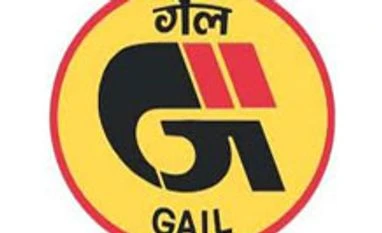Not surprisingly, analysts have been tweaking their target prices and ratings for the stock.
Recently, analysts at Credit Suisse cut their target price substantially to Rs 320 from Rs 485 and downgraded the stock. They believe GAIL's troubles across segments are large, and seem likely to persist for a while. They add that even after assuming a $65 a barrel oil price for FY16, and zero subsidy payments, they see GAIL’s EPS falling from Rs 27 in FY15 to Rs 24 in FY16.
The gains from LNG supplies to power producers (that could have added to transmission volumes) have also seen a setback after GAIL decided to forgo part of marketing and transmission tariff. Given the reduced benefits, analysts maintain that the policy, if implemented, will have a 'neutral' impact on GAIL's earnings.
There are some positives, though. For one, the government has reduced administered price of gas by about eight per cent to $5.18 per mBtu from April 1. Given the subdued global environment, expect the price to stay benign. This would rub-off positively for GAIL's feedstock prices. The company's petchem capacities are also increasing, which will add to volumes. But, this business accounts for less than 15 per cent of profits.
Second, an upward revision in pipeline transmission rates is anticipated, as gas transmission companies are allowed a fixed 12 per cent post-tax return on capital employed, given the recent regulatory rulings in favour of GSPL. GAIL's transmission matter is pending in the appellate body, and a favourable outcome will mean gains.
Third, for the March quarter, exemption of subsidy is likely to provide some cushion to profitability.
However, given the overall scenario, analysts expect GAIL's earnings to remain under pressure for some time. Although consensus target price as per analysts polled on Bloomberg since March stands at Rs 408 for the stock trading at Rs 394, the counter is expected to remain under pressure in the near-term.
)